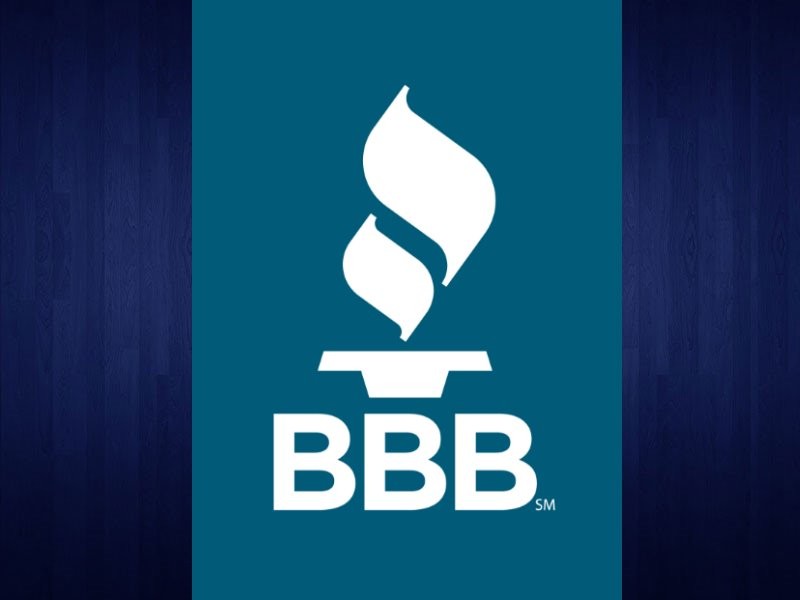Shoppers have taken a lot of their gifting online this year, thanks to the COVID-19 pandemic, but even there, Grinches are lurking with scams.
The Better Business Bureau serving Northeast Georgia reports they are seeing phishing scams creep up in relation to online shopping websites.
"People are buying, they're buying online, they're using PayPal accounts, they're shopping on Amazon, and all of a sudden, they either get an email, a call, or a text message saying there's been 'suspicious activity' in your bank account or one of the other accounts," said Callina. "Most people would panic, I would."
Callina said scammers thrive on chaos and confusion, and the panic that creates is ideal for tricking people into giving up what they really want: your personal information.
"They want to put you in a state of panic so you don't think calmly," Callina said. "If you're not thinking clearly, you're just going to click on any link that they provide to you. Immediately once you click that link, your information is compromised."
Callina said the easiest thing to do is to ignore the original contact and head to the source. If an email claims to be from your bank, contact your bank directly instead. Another tip, hover over links to see if they are real, even if it already looks real.
"BBB's name has been used in fake links, like, you would take your mouse and hover over it. And if it doesn't say 'BBB.org' it says something else or something different, don't click on it."
And remember, legitimate companies will not ask you to fix the problem with money, including money transfer apps, wire services, or gift cards, Callina said.
If you have encountered a scam, Callina said you can report it to the BBB as well to help other avoid getting scammed. You can also track scams in your area on their Scam Tracker map.

http://accesswdun.com/article/2020/12/963531/bbb-dont-get-lured-in-by-online-shopping-phishing-scams
